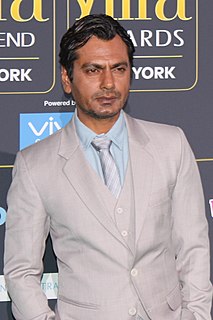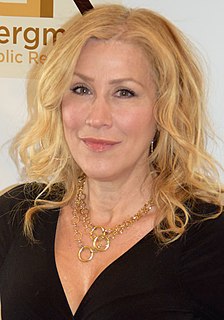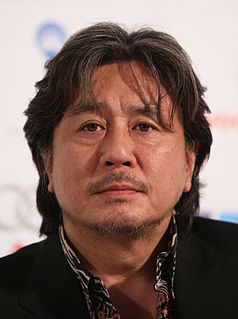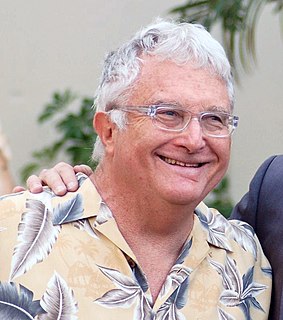A Quote by Nawazuddin Siddiqui
Like the way we get to know about the society of Korea, Iran, and other countries through their films, people will get to know about our country. Our films are a mirror of our society.
Related Quotes
What you need to know about North Korea is that it's not like other countries like Iran or Cuba. In those countries, you have some kind of understanding that they are abnormal, they are isolated and the people are not safe. But North Korea has been so completely purged from the rest of the world, it's literally a Hermit Kingdom.
What we really want to do is to be left alone. We don't want Negroes around. We don't need Negroes around. We're not asking - you know, we don't want to have them, you know, for our culture. We simply want our own country and our own society. That's in no way exploitive at all. We want our own society, our own nation....
In all the thrashing about that results from our dwindling gold reserves, it's about time that this country and other countries get some perspective on the situation. The day this country is out of the stuff, that day gold becomes what it's worth as a metal and no longer will have much significance as a monetary measurement. It isn't the gold we have that makes this nation rich. It's what we make, our knowhow, our productivity. So long as this country produces more and better, the world will continue to want what we make.
I know, that trends and all of those things and formulae that calculate what audiences want to see and what audiences don't want to see and various other demographic demarcations are the eccentric and ludicrous prerogative of Hollywood studios. But out there in the real world - by which I mean the rest of the world where we make truthful organic films, independent films unimpeded by interference - it's not about all those sort of calculating what is commercial. It's about wanting to say things and saying them in a way that will get through to people.
The thing is, right now the films don't need to be overtly political to be about our times. We also need films that are just human, that are about people. People need that, too. It's like we need to reconnect to what it is to be human. Not just what our political situation is. That's not what I'm thinking about exclusively. Human content is needed again, as it was in the '70s. I think films were more human than they've been since then.
The fact that refugees traveled through six other countries, like former Yugoslavia, Macedonia, Hungary, Austria, Switzerland, France, Germany, Holland, is because they like our social benefits. They like our welfare state. They know which country to pick. They're not going to stay in Hungary or in Estonia. They come to Germany, to Holland. And people sense that those are not the real refugees. And our government has spent billions of euros on them, and the Dutch people know.




































